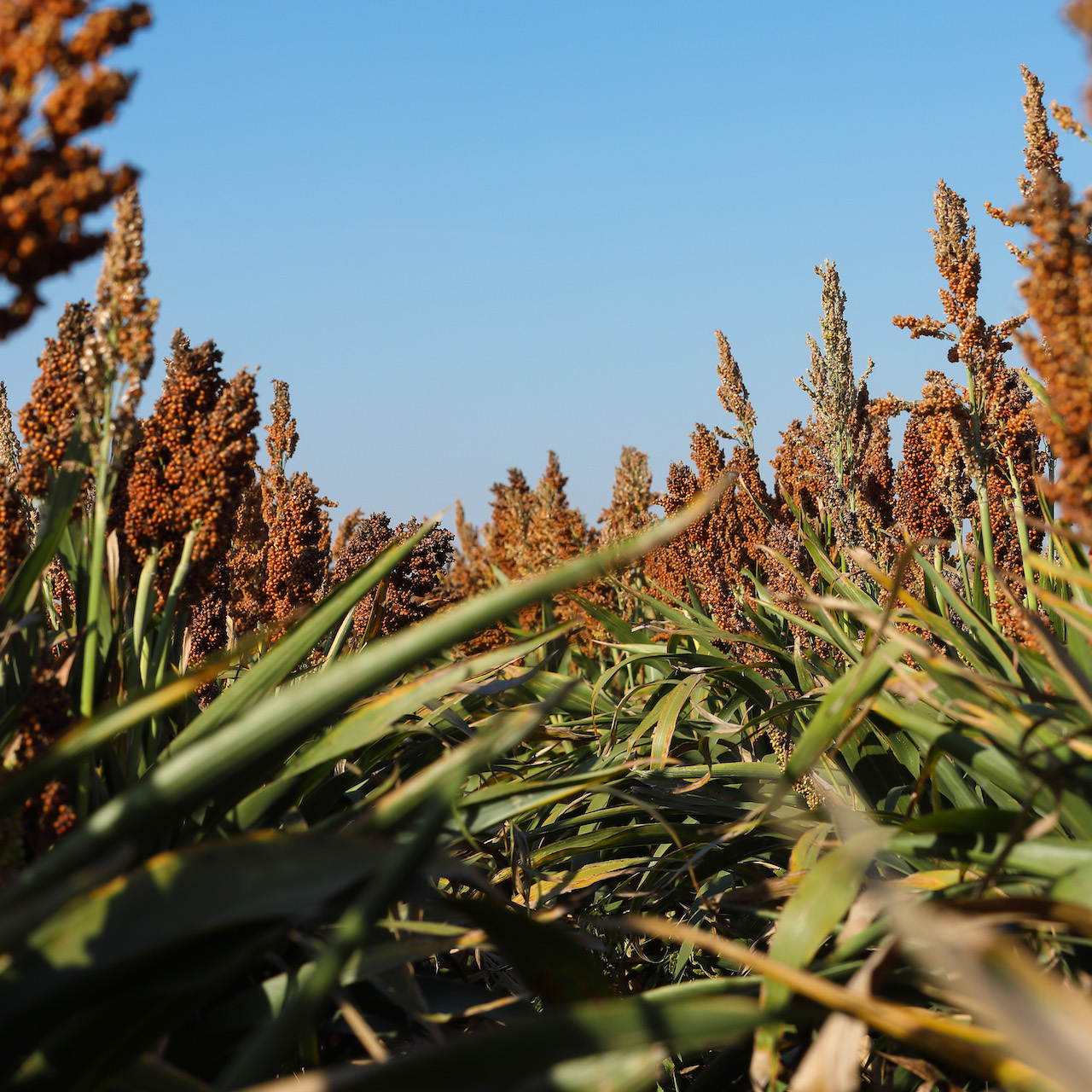
Published by Harvest SA on 01 July 2025
Looking for a resilient, drought-resistant crop to diversify your income stream? Grain sorghum could be the way to go. Harvest SA spoke to Pannar Seed's Reggie Mchunu, Key Account Holder for Smallholder Farmers, for some expert insights.
Sorghum has always been a staple crop in Africa but now given the unpredictable changes caused by climate change, farmers need a crop that is drought-resistant and easy to grow. Sorghum is ideal for this, as it thrives in dry climates and withstands drought conditions. Its importance in agriculture comes from its drought tolerance, versatile uses as food and feed, and ability to grow on marginal lands. This makes sorghum essential for food security and economic stability, and its nutritional benefits.
There are two types of sorghum in South Africa: grain sorghum, which is used for human consumption, and forage sorghum, which is used for animal feed. Sorghum provides producers with multiple income streams, including its use in food and beverages (such as traditional beer), animal feed, and biofuel production.
The main diseases affecting grain sorghum are leaf blight, anthracnose, grain mould, and sooty stripe. Goss's Wilt, which usually affects maize, can also infect sorghum. Quelea bird swarms are another issue. All these problems can be managed by planting resistant varieties, rotating crops, using fungicides, and managing crop residues.
Sorghum has long been a staple crop in South Africa, but it has become marginalized due to the commercialization of other crops. Despite this, there is still a market for sorghum both locally and for exports. One key factor affecting its competitive position is that sorghum is the only grain subject to VAT, which impacts its marketability.
Seek advice on climatic conditions, regularly take soil samples, and manage your crop effectively. Apply fertilizer correctly, manage weeds and pests efficiently, and ensure you plant the correct hybrids suited for your area. Lastly, diversify your efforts and avoid putting all your eggs in one basket.